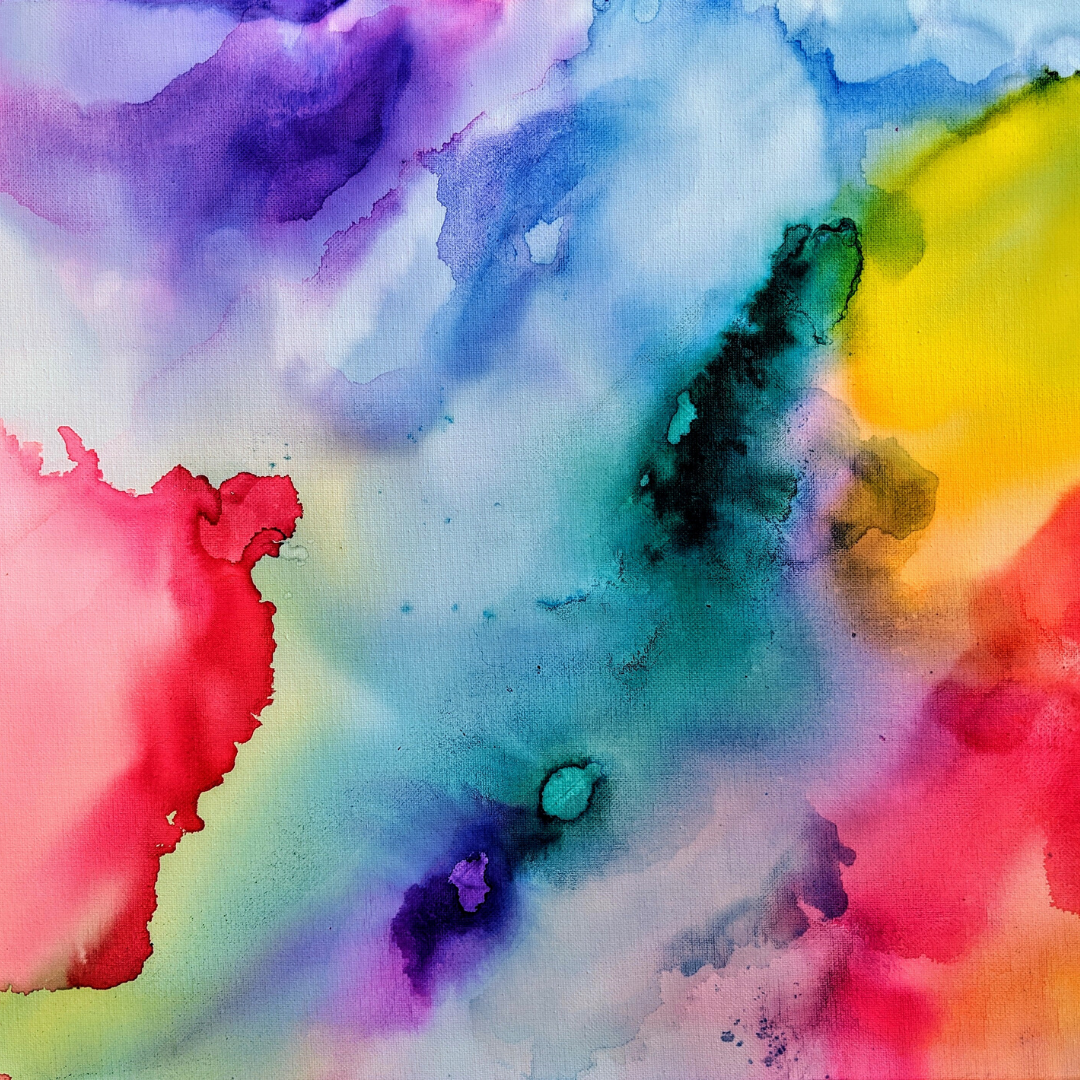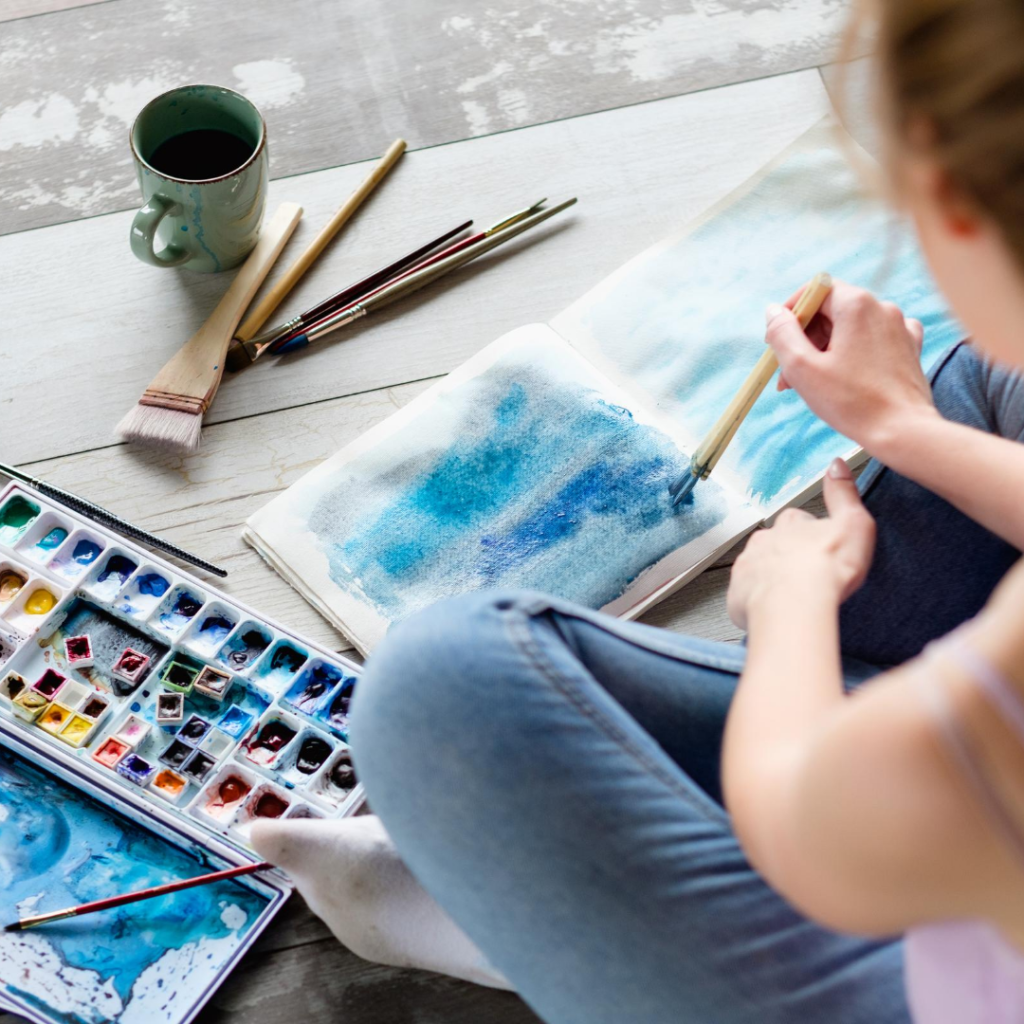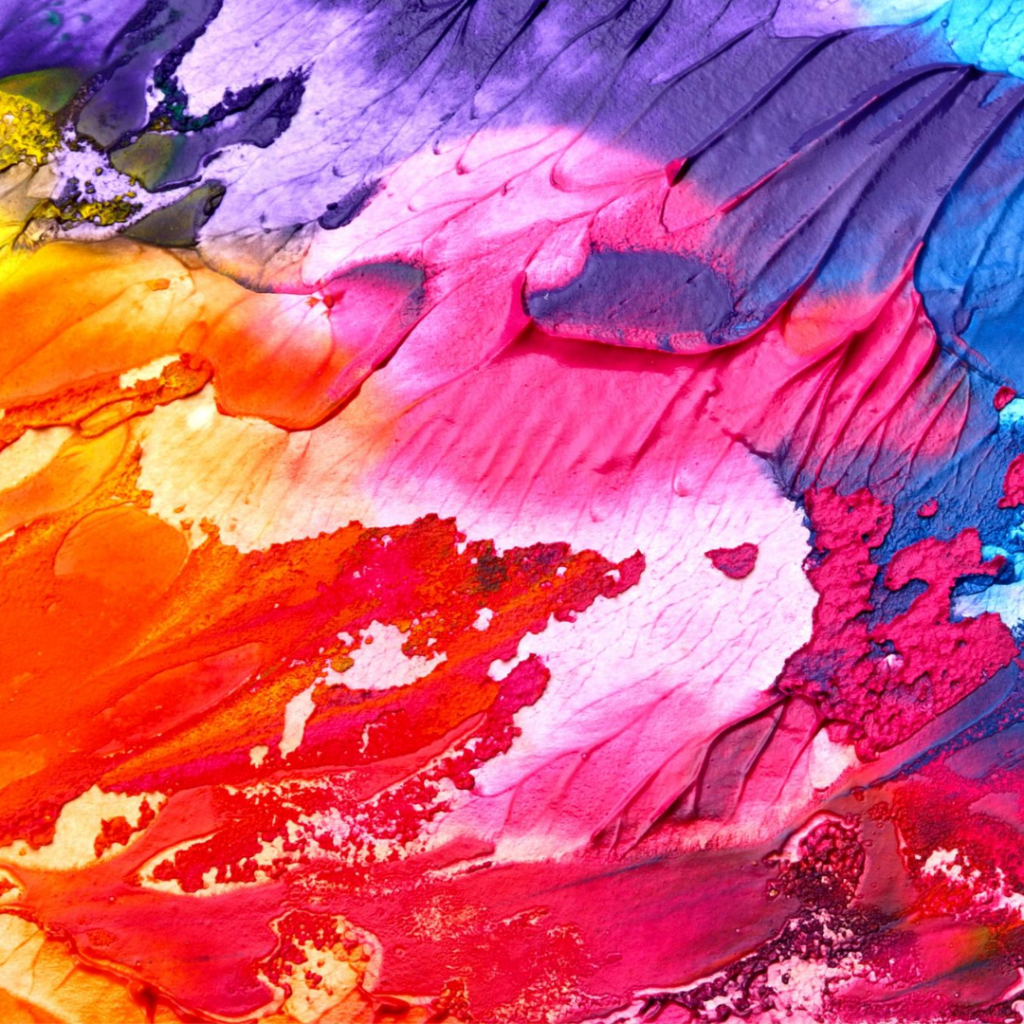Welcome to the heartbeat of Integrative Counsel, our blog where tranquility meets transformation. This is your sanctuary for insights and wisdom on nurturing a harmonious connection between mind, body, and spirit.
5 Ways Art Therapy is Good for the Brain

We nourish our bodies with food and water. We can take care of our brain just the same with art therapy. Art therapy is a wonderful tool for those in recovery for PTSD, eating disorders, Alzheimer’s, depression, and anxiety, and is a great alternative for talk therapy. Here are five reasons why art therapy is good for your brain:
It helps you access your creative right brain.
When you attend talk therapy, talking adds to a separation between your feelings and thoughts. With art therapy, you can use art to move freely into the right brain. This eliminates the need to analyze your feelings and allows you to feel them more deeply. Being able to access the right brain and removing the need to define what you feel contributes to more self-awareness.
Art therapy stimulates the brain and brings back memories.
When making art, different memories are brought to the surface. For example, drawing a picture of your childhood home might bring up several different memories that occurred at that home, giving you access to childhood memories you never knew you had, or only had a vague idea of. Looking at pictures and artwork have the ability to take you back in time, and creating these images yourself is no different. In fact, drawing or painting it is even more powerful because they are your own memories and experiences flooding back into your consciousness.
Making art lowers stress.
Creating art lowers cortisol levels in the brain. It also puts your mind in a meditative state, allowing you to relax and find your flow. Once your mind has relaxed, you then have the ability to access, untangle, and even relieve the pain of a traumatic experience.
Art-making creates a sense of accomplishment and purpose.
Studies have shown that blood flow increases towards the reward centers when we are making art. When doing art therapeutically, you will find that you feel way more productive than usual because your brain is able to access different parts. Making art also helps flex the imagination muscle in your brain, allowing you to then imagine a newer, greater, and more hopeful future.
Creating art helps you be fully in the present moment.
Fully submerging yourself in your artwork stimulates a different part of your brain. Time starts to slip away, and the present is the only thing that matters as you pay attention to, for example, the way the paint smells, the sound of the palette knife scraping as you mix colors, and the way the paintbrush feels as you make a stroke. All those little details that go into making art force you to be mindful. With that, your brain is able to fully explore different thoughts and feelings in a non-threatening way and journey into the “unknown.”
Art therapy greatly contributes to your brain’s health. Having a creative outlet helps you tap into your thoughts, feelings, and emotions and really get a sense of who you are, what you want, and how your past impacts your present and future. The combination of making the art, feeling it and talking about it allows you to move past your hardships and go through life with more hope and certainty.
Integrative Counsel proudly offers virtual Art Therapy with Quinn. Quinn uses virtual art therapy to treat individuals with OCD and Anxiety, as well as those undergoing a major life transition or adjustment and are experiencing grief. Click here to schedule your virtual art therapy session!
Starting with a creative written voice and a BA in English from ASU, Alli Cravener has become so much more than Integrative Counsel’s voice! Not only is she a writer who is passionate about connecting concepts and content, Alli is also currently a grad student working towards her Master’s in Counseling. She is also the editor-in-chief, office manager, AND intake specialist at Integrative Counsel. When you call us, you’ll talk to Alli! Alli’s interests include painting, history, learning about other people, and wearing the color pink. She likens herself to a “mouse in a palm tree”, and she loves it that way.
August 26, 2020
Click here to book a consultation call and start navigating your personal path to mental harmony with a therapist who gets you. Your journey, your pace, your story—let's unfold it together.
Let's keep the conversation going.
Feeling the spark to light up your wellness journey?
resources
CONTACT
RATES
join us
shop
SERVICES
OUR APPROACH
visiting professionals
OUR TEAM
HOME
727.342.0054
hello@integrativecounsel.com
Integrative Counsel is committed to providing culturally competent services. We respect the uniqueness of every person including, but not limited to race, ethnicity, gender identity, sexual orientation, class and religious affiliation.


